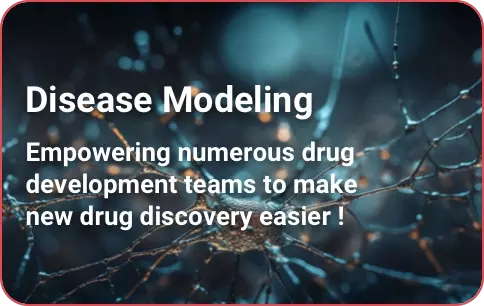Shopping Cart
- Remove All
 Your shopping cart is currently empty
Your shopping cart is currently empty

We would love to know what you think, so we have included a feedback tab on every page.

















| Product |
|---|
| Bioactive |
| Species |
| Expression System |
| Tag |
| Accession Number |
| Amino Acid |
| Construction |
| Molecular Weight |
| Endotoxin |
| Formulation |
| Reconstitution |
| Stability & Storage |
| Shipping |
| Research Background |
| Size |
 Hello! How can I help you today?
Hello! How can I help you today? 
Copyright © 2015-2025 TargetMol Chemicals Inc. All Rights Reserved.
